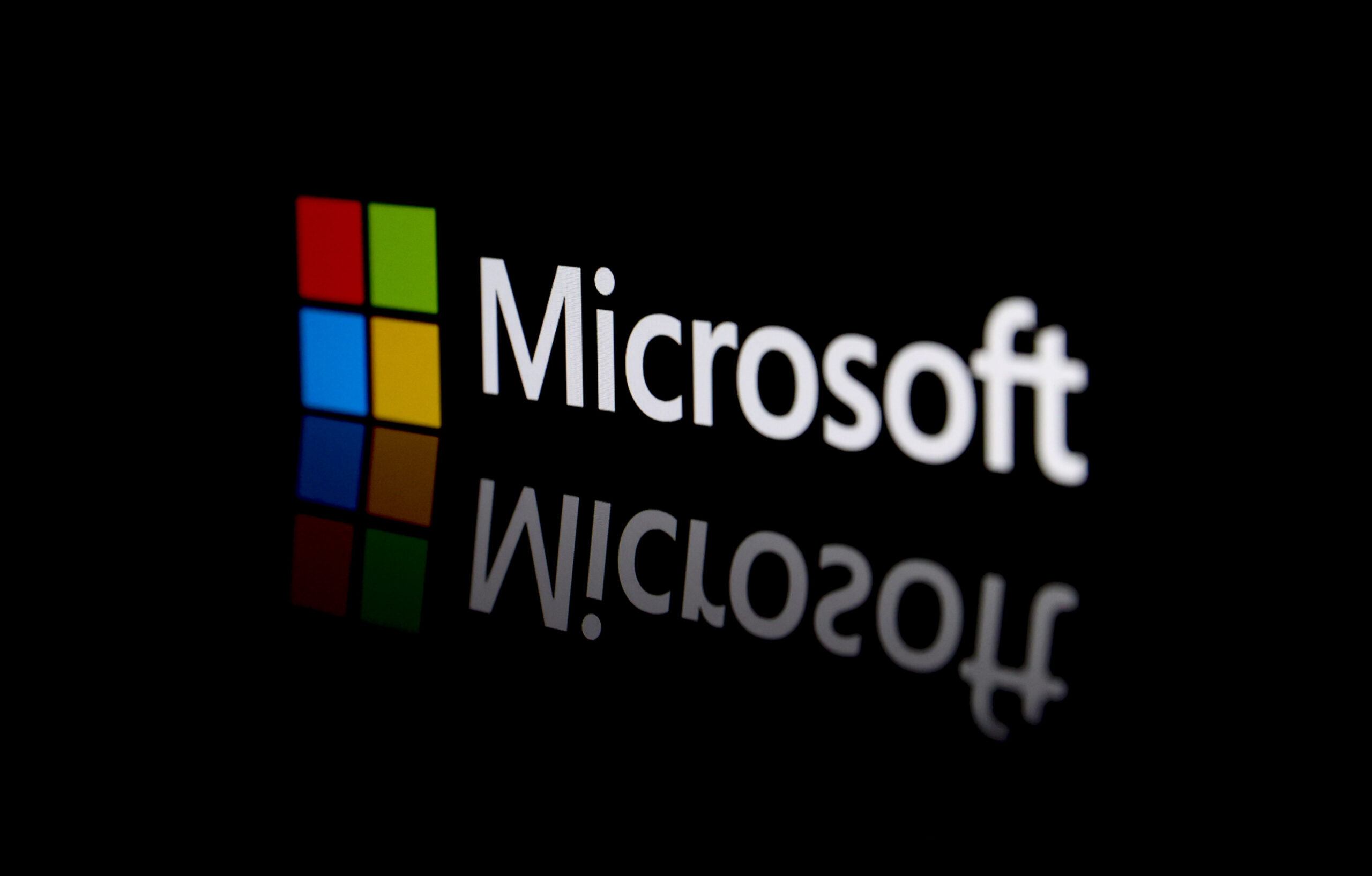News
Stock-Split Watch: Is Microsoft Next?

The corporate hasn’t break up its inventory since Azure took Microsoft into a brand new development period.
Tech big Microsoft (MSFT 0.10%) has been round for a very long time, so it is no stranger to inventory splits. The corporate break up its inventory 9 occasions from the late Nineteen Eighties to the early 2000s. However since then? Nada. In the present day, Microsoft inventory is buying and selling at over $400 per share. Cloud and synthetic intelligence (AI) development has pushed shares to new heights and will proceed over the long run.
Maybe it is time for administration to think about a inventory break up.
What does that imply for buyers? Would a inventory break up make Microsoft a purchase?
Here’s what it is advisable know.
What do inventory splits imply for you?
The media loves making a giant deal out of inventory splits. However are they as large a deal as they appear?
First, what’s a inventory break up? A inventory break up is when an organization divides its inventory to extend the variety of shares. Suppose one share of an organization’s inventory trades at $100. If administration did a 5-to-1 break up, that single share would turn out to be 5 shares buying and selling at $20 every.
Discover how the worth of the funding did not change. One share at $100 or 5 at $20 equals the identical whole. This is essential.
Inventory splits divide every little thing, so every share represents much less of the corporate’s income, earnings, and fairness. So, whereas a inventory break up creates a decrease share worth, it is an phantasm. The corporate’s basic valuation would not change.
So why break up the inventory within the first place? Usually, it is for liquidity. As a share worth rises, it is more durable for buyers to build up shares with out having some huge cash. Workers who’ve earned stock-based compensation could be sitting on vital features and should not wish to promote at excessive greenback increments. The next share depend and decrease share worth make it simpler for buyers and staff to regulate how a lot they purchase or promote at a time.
Why a inventory break up is smart for Microsoft
You may see that Microsoft break up a number of occasions between the late Nineteen Eighties and the early 2000s. That was because of exceptional inventory efficiency; Microsoft gained practically 60,000% from 1986 to 2000, simply earlier than the Dot-Com market crash. Microsoft’s inventory plunged within the crash and took 17 years to achieve the worth it traded at in 2000. That is why Microsoft has solely break up as soon as since 2000.
MSFT information by YCharts
Microsoft launched its cloud platform Azure in early 2010, sparking a brand new period for the corporate. Since then, Microsoft’s inventory has appreciated 1,400%, and the cloud is its largest and fastest-growing enterprise unit as we speak. A brand new era of staff who’ve been with the corporate through the years are seemingly sitting on hefty inventory features.
Azure is already the world’s second-leading cloud platform. Microsoft’s partnership with main AI developer OpenAI is poised to funnel AI computing workloads by means of Azure as corporations undertake AI over the approaching years.
Is Microsoft a purchase?
Microsoft lately reported fourth-quarter earnings for its fiscal 12 months 2024 and topped Wall Avenue’s expectations, fueled by stable momentum in its cloud and gaming companies. In the present day, Microsoft inventory trades at 32 occasions its estimated 2025 earnings. Analysts consider earnings per share will develop at an annualized 16% charge for the subsequent three to 5 years.
Since inventory splits do not essentially change the inventory, buyers ought to by no means make an funding determination based mostly solely on a inventory break up. A price-to-earnings ratio double the corporate’s earnings development proportion is not low cost, however Microsoft arguably presents a singular mixture of high quality and upside that is laborious to duplicate.
Lengthy-term buyers could also be prepared to pay a slight premium to personal the inventory now, although market volatility may simply current higher shopping for alternatives.
Justin Pope has no place in any of the shares talked about. The Motley Idiot has positions in and recommends Microsoft. The Motley Idiot recommends the next choices: lengthy January 2026 $395 calls on Microsoft and brief January 2026 $405 calls on Microsoft. The Motley Idiot has a disclosure coverage.
